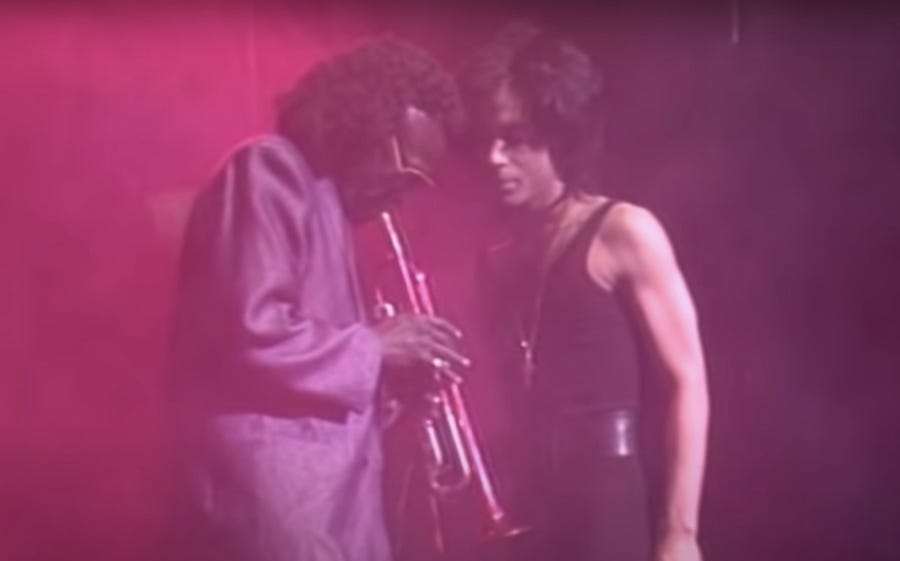Rise Above the Noise: How to Make Your Music Valuable in the Age of Ubiquity
Use Paul Bloom's Theory to Create a Winning Music Marketing Strategy
"As things get easier they lose value" is a quote attributed to Paul Bloom, a professor of psychology at Yale University. This statement suggests that people tend to place a higher value on things that require more effort or are perceived to be more challenging. As tasks become easier or more accessible, they may be viewed as less valuable or significant. This concept can be applied to many areas of life, from personal accomplishments to the perceived value of goods and services in the marketplace, including music. However, it is important to note that the perceived value of something is subjective and can vary greatly depending on individual perspectives and experiences.
For quite some time, we debated whether or not music lost much of its value because of its ubiquity through online services.
But, the value of music is subjective and can vary significantly from person to person. While the ease of access to music through digital streaming services and the internet may have contributed to a perception that music has lost value, this is only sometimes true for some. For some people, the increased accessibility of music has made it more valuable, allowing them to discover and enjoy a broader range of music than ever before. However, others may argue that the overabundance of music in the digital age has led to a lack of appreciation for the art form, resulting in lower prices for music products.
Furthermore, it is important to note that the value of music is not solely based on its accessibility or cost. Instead, factors such as the quality of the music, the cultural and social context in which it is consumed, and the personal connection that listeners have with the music all contribute to its perceived value. Therefore, while the ease of access to music may have changed the way that people consume and perceive music, it is ultimately up to the individual to determine its value.
As an artist, you can take advantage of the theory that as things get easier, they lose value by finding ways to make your music products stand out and feel valuable to fans. Here are a few strategies you could consider:

Offer exclusive content: To make your music more valuable, consider offering exclusive content or experiences that certain groups or individuals can only access. For example, you could offer early access to new music releases or exclusive merchandise for fans who purchase a premium ticket package.
Focus on quality: In a world where music is easily accessible, you can set yourself apart by creating high-quality music that stands out. This can include working with top producers, investing in high-quality recording equipment, and working with top-notch musicians and songwriters.
Leverage your brand: Building a strong brand around your music can make it more valuable to consumers. This can include developing a unique visual style, creating a compelling backstory, and building a community of fans around your music.
Offer a personalized experience: By tailoring your music products and services to your audience's specific needs and preferences, you can make them feel more valuable and personalized. This can include offering personalized playlists or recommendations, hosting fan meet-and-greets, or creating interactive experiences that allow fans to engage with your music in new ways.
Emphasize the difficulty of creating your music: Highlighting the hard work and effort that goes into making your music can help to increase its perceived value. For example, you could share behind-the-scenes footage of the recording process or give fans a glimpse into the creative process behind a new album.
Offer a unique experience: By offering a unique experience that can't be found anywhere else, you can increase the perceived value of your music. This could include hosting a one-of-a-kind concert experience in an unusual location or creating a pop-up store that offers fans an exclusive look into the band's creative process.
Collaborate with other artists or brands: Collaborating with other artists or brands can create a sense of value and excitement around your music. For example, you could collaborate with a visual artist to create a unique album cover or partner with a popular brand to release a limited-edition merchandise line.
Focus on the emotional connection: People often value things that have an emotional connection. By emphasizing the emotional impact of your music, you can increase its perceived value. This could include sharing fan stories or testimonials or using your music to support a social cause that your fans care about.

